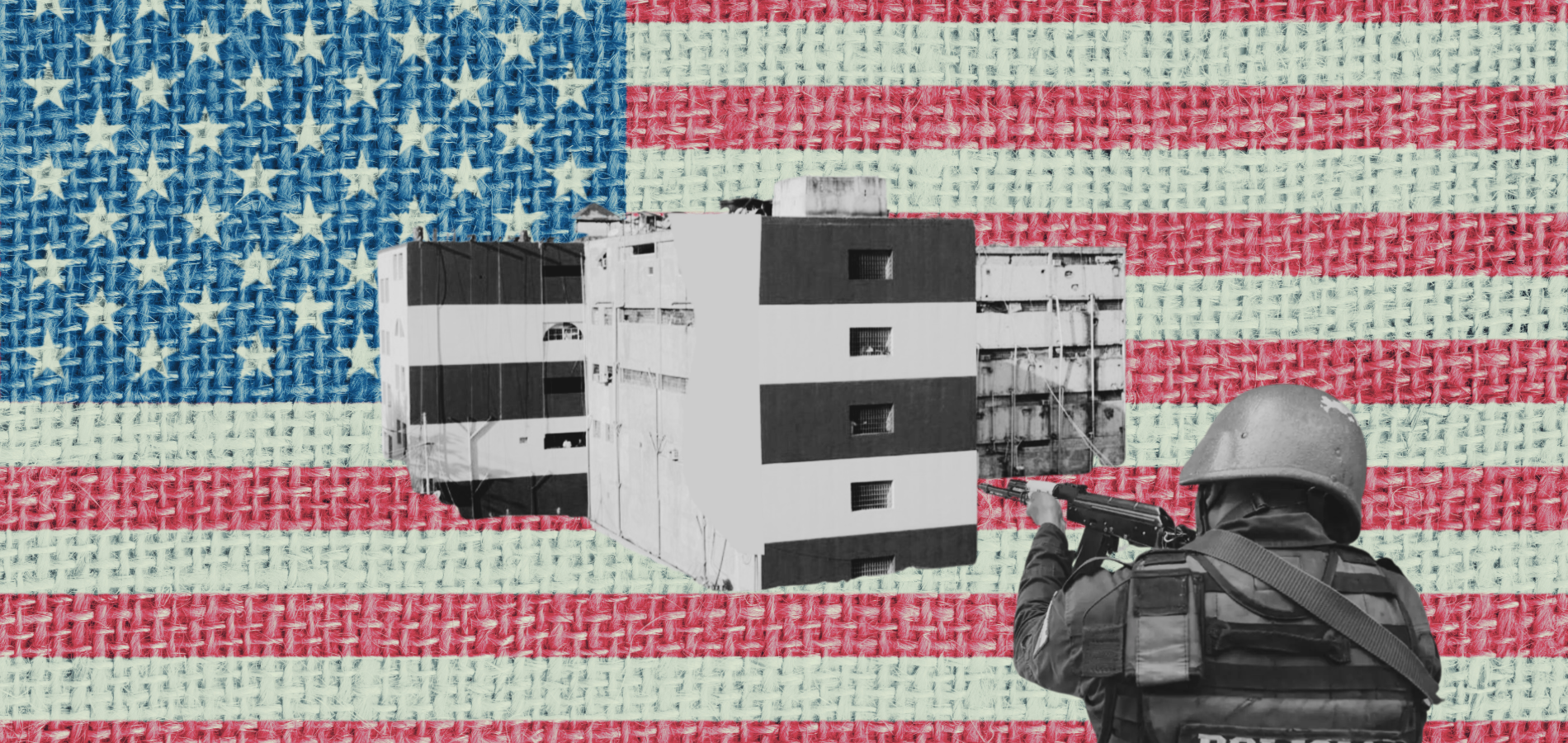
Words: Ronna Rísquez
The Tren de Aragua, the criminal organization that was born in Venezuela’s prisons, continues to grow. As part of its expansion strategy to control territories and expand its illicit business, it has reached Colombia, Chile and Peru, where it is wreaking havoc. Now, alleged members of the organization have been arrested in the United States, which is generating a wave of questions, and theories, about its present and future.
Here are four facts to understand the importance, and future, of this phenomenon.
Officially, authorities in 16 US states –including Texas, Colorado, New York, Florida, Illinois and Tennessee– have reported that members of the Tren de Aragua (TdA) are operating in their cities. Unofficially, local police say their presence is suspected in other states, such as New Mexico. What is still unclear is whether these individuals are connected to the organization’s leaders in Venezuela and other countries or whether they are operating as independent cells.
These individuals are involved in a range of crimes, including some of the TdA’s most common activities such as trafficking of migrant women, drug micro-trafficking and extortion. The latest that has been seen in the United States is that they are engaging in the trafficking of trans women for sexual exploitation. They are also involved in other crimes that they have been adapting, for example, the theft of ATMs and vehicles, which they then modify to change their identity and sell them in informal markets.
But it is important to stress that the TdA is coming to a country where there are already mafias and criminal structures that have been operating for many, many years. In the United States, crime is not a new phenomenon.
El Tren de Aragua has been able to expand faster than other criminal organizations in Latin America thanks to its strategic vision. Its members are very clear that their main objective is to generate earnings, and that is what they focus on. This is what has led them to diversify their criminal portfolio, which now includes more than 20 criminal activities.
They are efficient because they have an enormous capacity to adapt, which is partly due to the need for survival to which the Venezuelan population has been subjected and, of course, to a greater extent, people who were deprived of their liberty.
This capacity to adapt is what allows members of the group to arrive in a territory and quickly identify the criminal business opportunities that exist, such as migration, which they see as a way to move and exploit a very vulnerable population. They also have an enormous capacity for negotiation. They are a group that avoids confrontation and, instead, when they enter new territories or other countries, they negotiate with local groups that allow them to operate or become service providers. This is what has happened, for example, with the First Capital Command on the Venezuela-Brazil border.
We are talking about a new model of organized crime, in which these structures end up having more of an impact on ordinary people and public security than on big crime, such as the trafficking of tons of drugs. This translates into a negative perception of the performance of institutions and affects the popularity of mayors, the credibility of the police, and has an effect on citizens that should definitely be observed and addressed by those responsible for designing public and security policies.
Last year’s takeover of Tocorón prison, which was the centre of operations of the Tren de Aragua in Venezuela, was a major blow to the organization and one that has generated changes in its operational dynamics in the way it coordinates with cells operating in other countries. In fact, Colombia and the United States have already seen the presence of groups calling themselves “anti-train” formed by people who belonged to the TdA and are now forming their own organizations.
Whatever the future of the Tren de Aragua, it is important to understand that as an organization it represents only one group that responds to a new criminal model associated with prisons, the lack of government attention to people deprived of their liberty, the lack of opportunities for young people and the multiple restrictions for migrants. These factors only generate recruitment opportunities that fuel criminality and violence.